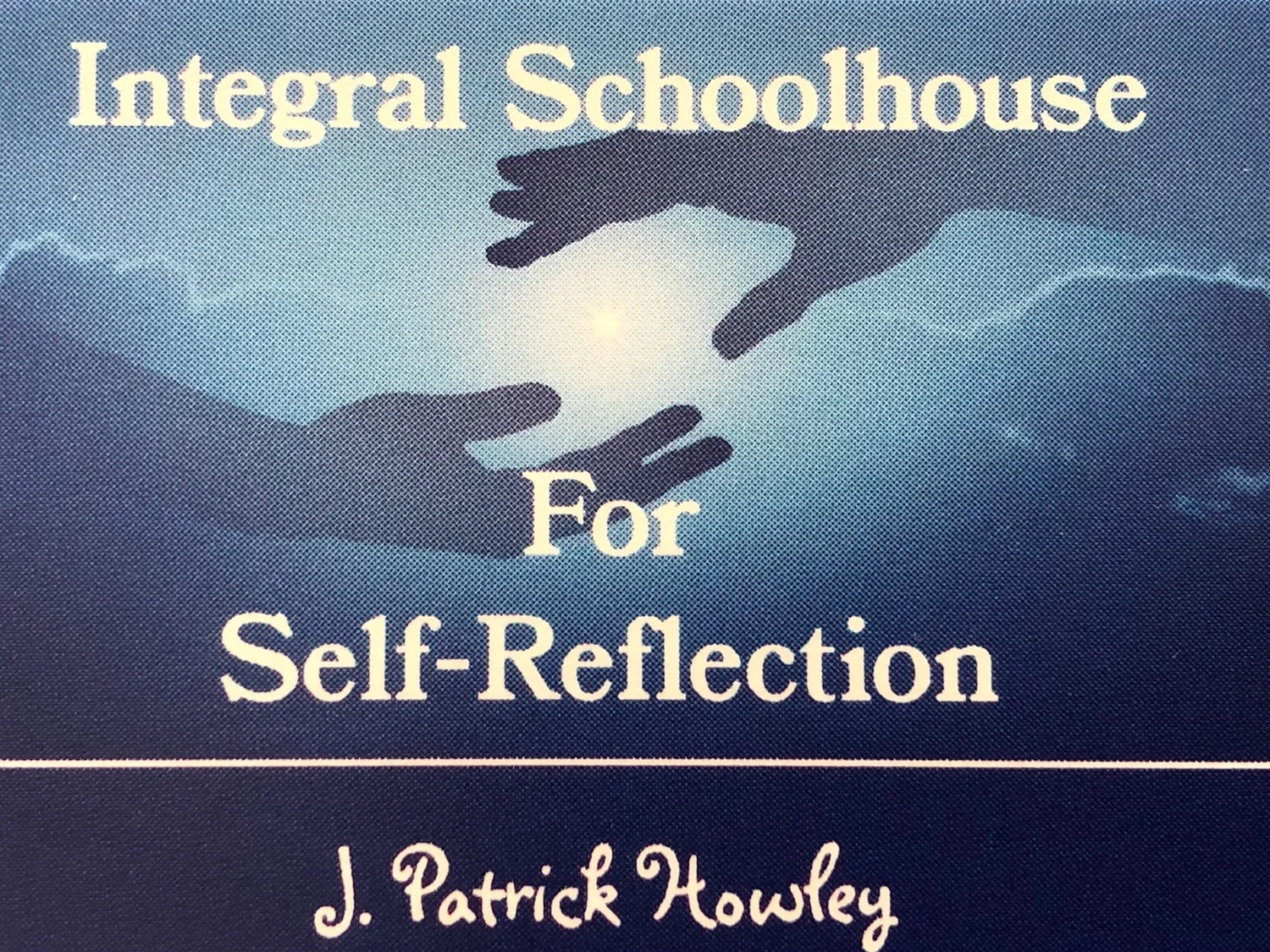Quotes from Ramana on God:
You needn’t be confused by some of the terminology . . .
All of the “many names for God” are—despite their origin in different cultures—pointing ultimately to the same One, the same Absolute, the infinite and eternal omnipresence that is considered to be the ground of all being.
Ramana, for example, uses the word Self (with a captital S) to denote the Absolute. This reason for this is because he is trying to emphasize that the “you”—the “self” with the small s—is, in essence the very same Self.
Some writers in Vedanta, use the word Brahman rather than Self, but again both words equate with the Absolute.
Then again, the word Consciousness—as in “cosmic Consciousness” is also sometimes used; usually capitalized, to make clear that the allusion is to the limited sense of consciousness (as “awareness”) that the self supposes that it possesses “individually.”
And then there’s what Ramana calls the “false I”—the sense that the subjective “person” embodies some sort of separate entity—which predicates the “I-versus-you” dichotomy. Thus when he speaks of the “true I” of course, he means your essential nature as an aspect of the Absolute in which the I/you perspective disappears.
“You”, in your purest beingness, are not “I”; you are the source of the I.
There is no one who has not known God: ignorance consists in not being aware of this Truth. Loss of ego means gaining Self-realization: knowing oneself is knowing the Self. Peace is stillness of mind; when the mind knows that, in truth, there is not anything to “reject” or “accept”, it will abide in Supreme peace. Thus, such peace is therefore extolled as immortal life. If a person “dies” while alive, by extinction of the ego, he will not ever grieve for any body.
There is something which is eternal and changeless. And weexist. Let us find out that which alwaysexists.
There is only one true state: that called consciousness or awareness or existence.
The Self, or God, is not somewhere else—but is inside each of us. In loving ouneself, one can only love the Self. Love itself is the formof God.
What ever I do, or consider doing, is really God’s doing Nothing ultimately belongs to “me.”
To know oneself is to know God. God consciousness is not different from one’s true consciousness. Is God real? As real as “you” are. Where does God exist? In you. Your are the Self; you “exist” always.
The world of objects, names and form is only the mind; when the mind dies [into the Self], the “world” dies with it. Only the Self then remains. The “personal” God is the last of the unreal forms to go. Only the absolute Being is real. Hence not only the world, not only the “me”, but also the individual God are of unreality. Yours is eternal life.
Yes, call it by any name—God, Self, the Absolute, or the seat of consciousness—it is all the same. The point to be grasped is that it is the very core of one’s being; the center, without which there is nothing else. God is in all, and is seen in the “seer.” Where else could God be seen: not “outside,” but known within. The consciousness within, beyond the mental operation, is known as God. It is only after seeing That, within one, that one will be able to see That in everything.
One must first realize that there is nothing butthe Self—and that he is that Self. Then, only, can he view everythingas a form of the Self. There is no difference between God and the Self (which is the self).
A person who desires [something “apart”], identifies with the body. But the sage is free of the thought “I am the body.” So long as you think you are an individual, you believe in a [separate] God. If one is separate, the “world” and one’s “God” will be also. You must look upon all “objects” [e.g., body] as God’s form.
If one learns one’s real nature, there will be no misery. One has to give up one’s (“individual”) mind, in surrender; after that mind is given away, there is will be no duality of any kind. He who remains separate from God has thus not surrendered.
Q. Yes, I understand now that God, or Self, is not something apart from me, or this body. Nor separate from the world and its objects. And it is ultimately the source of actions, mind, and thoughts—consciousness. The Self, as consciousness, sees itself in “objects”—such as the body, as I experience it. This is Self-realization . . .?
R. Know the I (as Self), and the present(eternal) and consider if anything is “created” (as a separate reality).
When this “individual” consciousness is merged in the supreme One, this is Self-realization.
From the book: “Ramana Maharshi, Teachings of Self-Realization
By Robert Wolfe, (2016)
